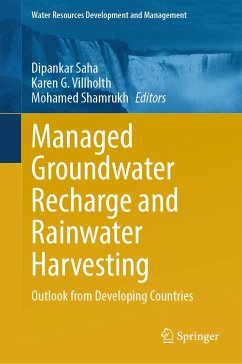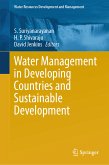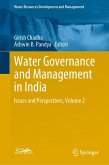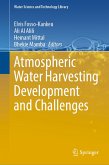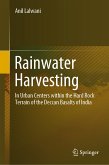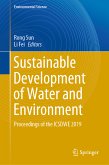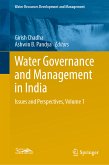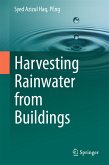This book, through its 19 chapters, provides cases and experience gained from applications of groundwater recharge enhancement and rainwater harvesting through manmade interventions in developing countries, aimed to resolve the water crises and address climate change. The benefits of these approaches are supplementing potable water supply and water for livelihoods, reducing the intensity of groundwater overexploitation, securing water storage, enhancing storm water management, intensifying grey water reuse, and improving groundwater quality and other ecosystem services, including environmental flows and overall, they strongly support climate change resilience. The chapters deal with local-scale experimentation and management, government schemes adopted, community involvement, private sector engagement, socioeconomic angles, and policy issues.
The book congregates contributions from 15 Non-Aligned Movement (NAM) and other developing countries, namely Afghanistan, Bangladesh, Chile, Colombia, Egypt, Guatemala, India, Jordan, Morocco, Nigeria, Palestine, Qatar, South Africa, Sri Lanka, and Tunisia. The contributions have been made by researchers, government departments, civil societies, non-governmental organizations, policymakers, and practitioners.
This book places in front of the readers, the strives being undertaken in developing countries to sustainably manage water resources and adapt to climate change through traditional and innovative groundwater recharge, water harvesting and water storage methods. It also takes a broader outlook on the prospects of these methods to enhance long-term socioeconomic development for millions of communities globally.
Dieser Download kann aus rechtlichen Gründen nur mit Rechnungsadresse in A, B, BG, CY, CZ, D, DK, EW, E, FIN, F, GR, HR, H, IRL, I, LT, L, LR, M, NL, PL, P, R, S, SLO, SK ausgeliefert werden.

